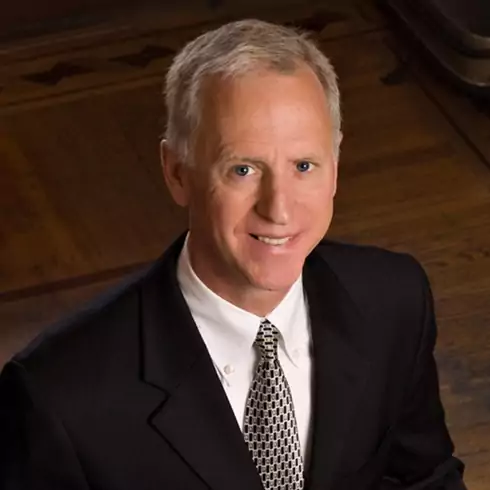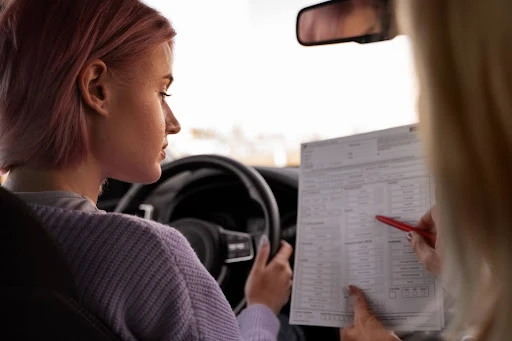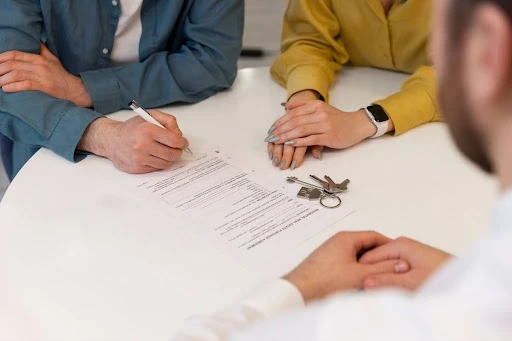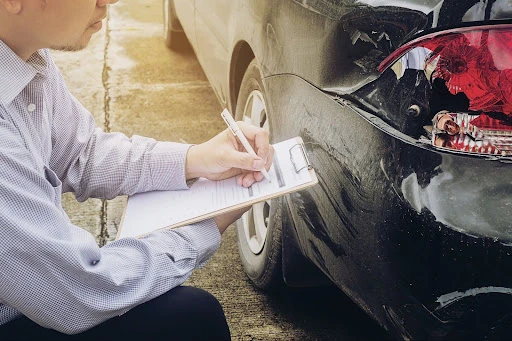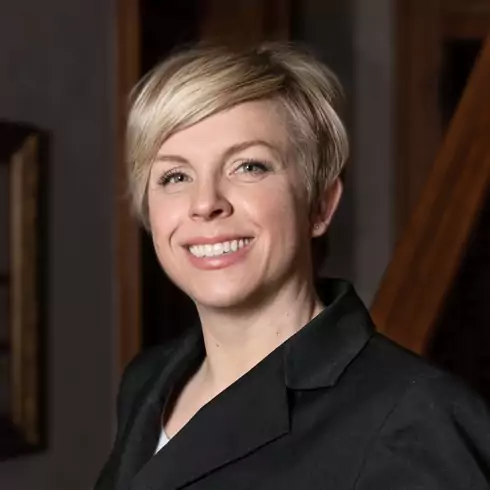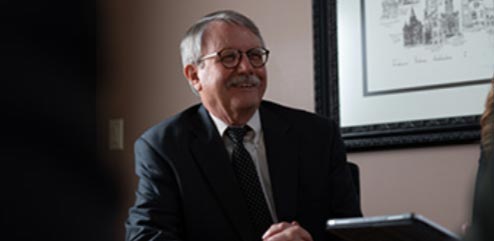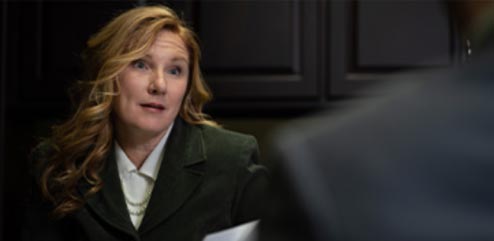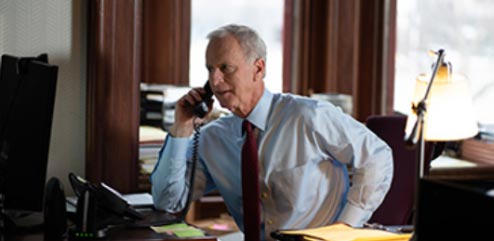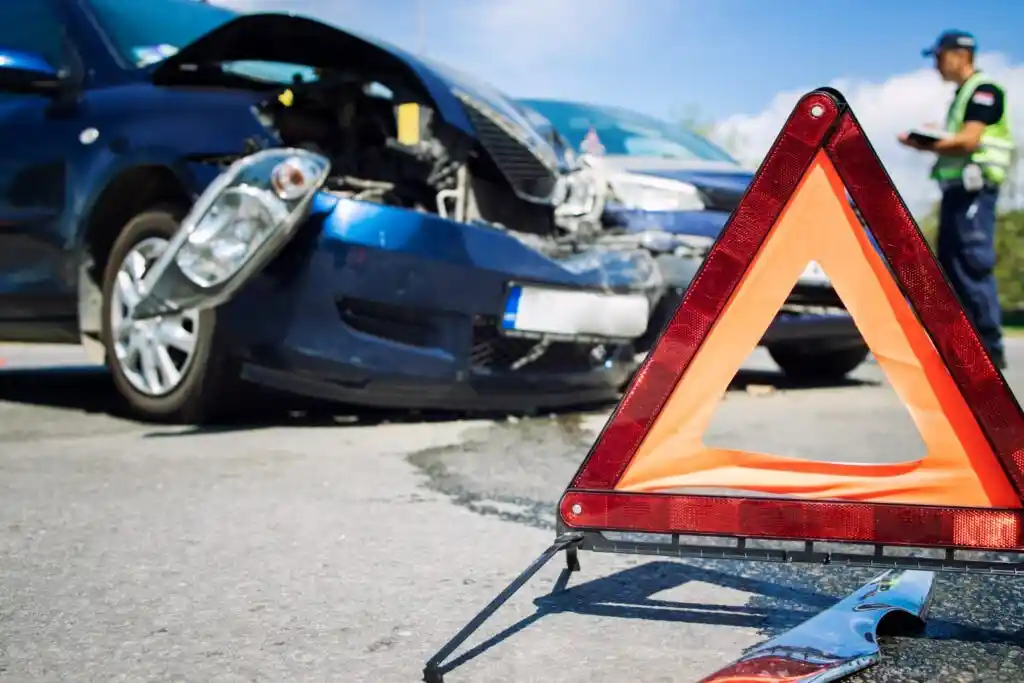
Lawrenceburg Car Accident Lawyer
From recovering from injuries to filing insurance claims, victims of car accidents often find themselves facing multiple challenges simultaneously, making recovering even harder.
At Christie Farrell Lee & Bell, our Lawrenceburg car accident lawyer team understand the complexities that come with these types of accident cases. We are committed to offering our clients the legal support they need to secure the compensation they deserve.
Our team is well-versed in Indiana’s traffic and personal injury laws, and we use this knowledge to build strong cases for our clients and negotiate with insurance companies.

